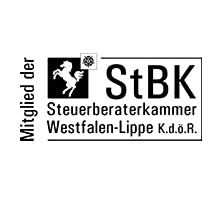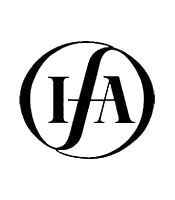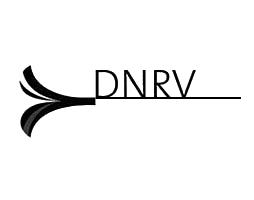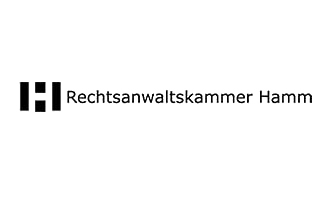#Law On Dutch Real-Estate
Legal aspects in connection with the purchase of Dutch real estate and vacation homes in Holland.
In the Netherlands, there are some special features of Dutch real estate law that need to be carefully considered and, unfortunately, thoroughly checked if you intend to purchase a vacation property in the Netherlands.
Private deed of sale and notarial deed of transfer
The private written purchase contract, which is often presented by estate agents as a preliminary contract, is already legally binding and sets out all the legal provisions and agreements between the parties. The positive aspect is that it is not necessary to go to a notary, as is the case in Germany, in order to conclude a legally binding purchase of a property in the Netherlands.
The subsequent notarized transfer agreement – in Dutch the “Akte van levering” is only the so-called fulfillment transaction and implements the provisions of the purchase agreement (obligatory transaction). Here is an article about this in Dutch.
Changes to individual conditions of the previously signed purchase contract are then no longer possible without the consent of the seller.
Encumbrances in rem in previous purchase agreements
In addition, encumbrances in rem – so-called chain conditions, obligations, tolerations and restrictions – can encumber a property, which are only rudimentarily recognizable in the Dutch cadastre/land register. Under Dutch real estate law, these arise directly from an unbroken chain of acquisition deeds of the previous transfer transactions, which are easier to inspect and check in case of doubt.
Legal framework conditions for Dutch vacation parks
In the case of vacation properties in vacation parks in the Netherlands, in addition to the purchase agreement, there are regularly other contractual documents, such as owners’ association statutes, framework agreements with the park operator and other provisions, which are legally included as annexes and are therefore binding for a purchaser as the legal successor to the seller.
Restrictions due to usage regulations in Dutch municipal statutes
Dutch municipalities stipulate usage regulations in certain areas of the Netherlands. For example, in designated residential areas, especially in regions used by tourists and in town centers, no use as a vacation property is permitted. Conversely, there are usage regulations that do not permit any other use as a vacation property in areas designated as vacation parks.
In the popular major and student cities, there are also regulations on the use of living space, subletting via platforms, especially AirB&B consistently restrict subletting. These restrictions may even extend to the need for a residence permit. Or prohibit the conversion into student housing units. Our tip: As the owner of a property, you should take the time to check whether your intended use complies with the legal usage regulations of the respective Dutch municipality.
Are you interested in this topic?
Find out more about this topic and other exciting and related content on the PBS Pekala and Partners info blog.
You are also welcome to visit the websites of our partner network
- PBL Bandl and Partner mbB – Your competent lawyers in the Paderborn area
- PBS Pekala and Partner mbB – Tax consultancy, regional & international






